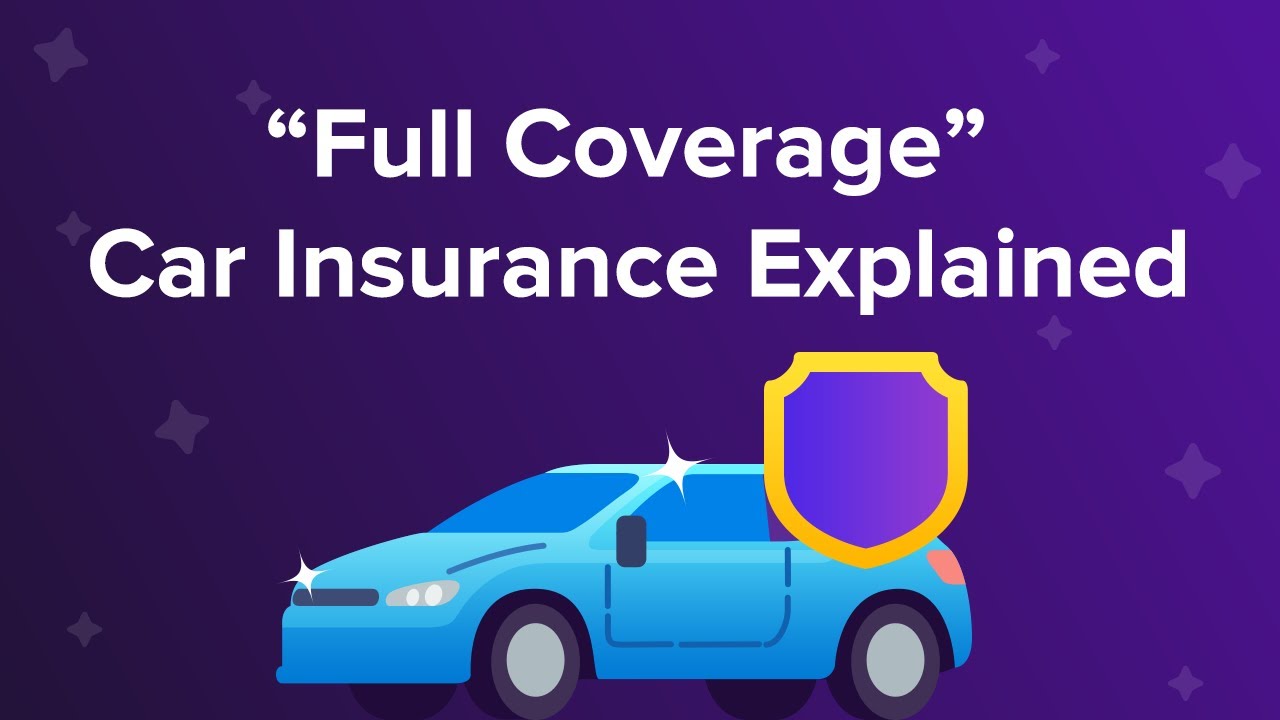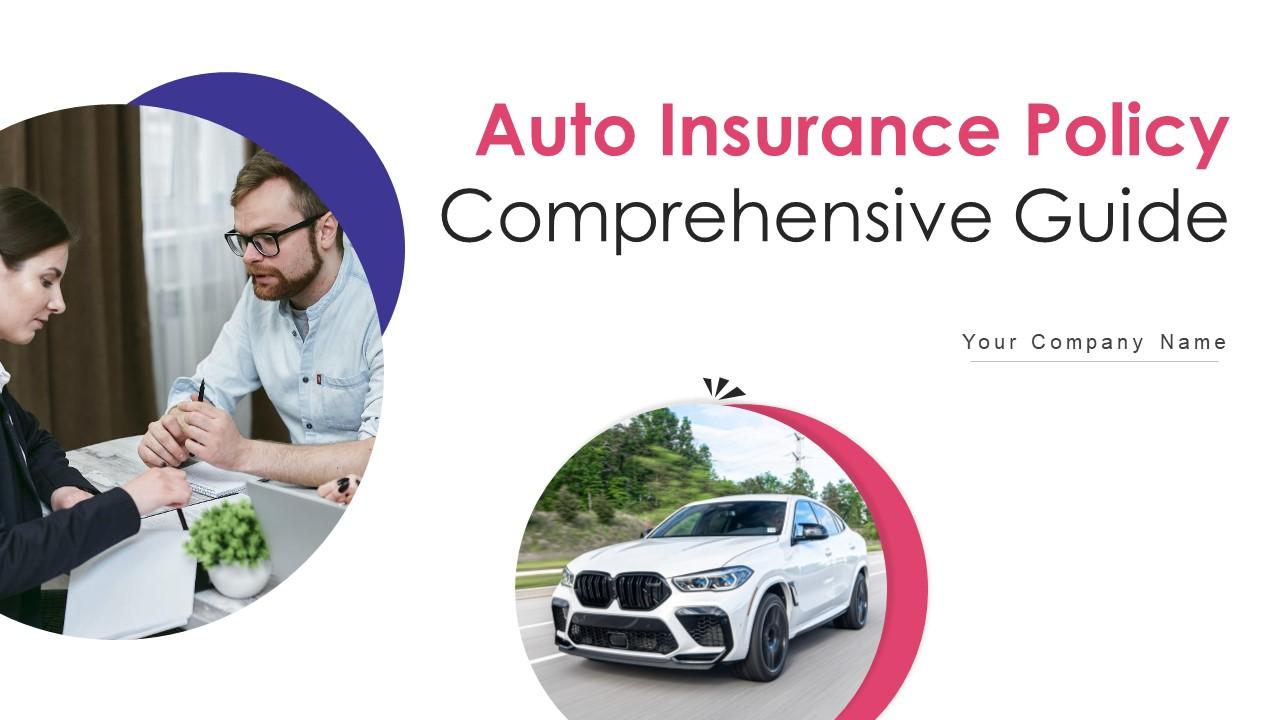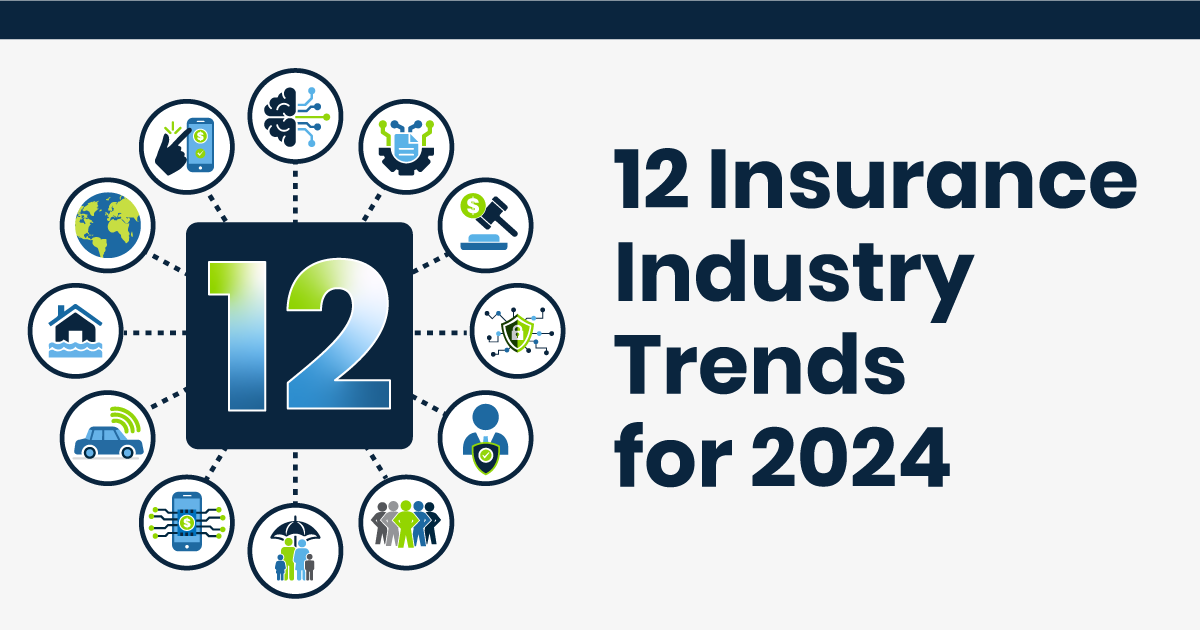Full coverage car insurance is a term often used to describe a combination of liability, collision, and comprehensive coverage. While it doesn’t guarantee complete coverage for all possible scenarios, it provides a robust level of protection for your vehicle and financial well-being.
Understanding Full Coverage
Full coverage car insurance typically includes:
- Liability Coverage: This is mandatory in most states and covers bodily injury and property damage caused to others in an accident.
- Collision Coverage: Covers damage to your car, regardless of who is at fault in the accident.
- Comprehensive Coverage: Covers damage to your car caused by factors other than collisions, such as theft, vandalism, or natural disasters.
Benefits of Full Coverage Car Insurance
- Peace of Mind: Full coverage can provide you with peace of mind knowing that your vehicle and financial interests are protected.
- Financial Protection: In the event of an accident, full coverage can help cover the costs of repairs or replacement of your vehicle.
- Loan Requirements: If you’re financing your car, your lender may require full coverage insurance.
Factors Affecting Full Coverage Premiums
Several factors can influence the cost of your full coverage car insurance:
- Driving Record: A clean driving record with no accidents or traffic violations typically results in lower premiums.
- Vehicle Type: The make, model, and year of your car can affect your premium. Sports cars and luxury vehicles generally have higher premiums.
- Location: Where you live can impact your rates. Areas with higher rates of accidents or theft may have higher insurance costs.
- Coverage Limits: The amount of coverage you choose can affect your premium. Higher coverage limits generally result in higher premiums.
- Deductibles: The amount you’re willing to pay out-of-pocket in the event of a claim can impact your premium. Higher deductibles typically result in lower premiums.
Tips for Saving on Full Coverage Car Insurance
- Shop Around: Get quotes from multiple insurers to compare prices and coverage options.
- Improve Your Driving Record: Maintain a clean driving record to qualify for discounts.
- Consider Increasing Your Deductible: Opting for a higher deductible can lower your premiums, but it means you’ll pay more out-of-pocket in the event of a claim.
- Bundle Policies: If you have other insurance needs, such as home or renters insurance, bundling your policies with the same insurer can often result in discounts.
- Use Discounts: Take advantage of available discounts, such as good student discounts, safe driver discounts, or anti-theft device discounts.
By understanding the benefits and factors affecting full coverage car insurance, you can make an informed decision and find the best policy to protect your vehicle and financial well-being.
Full coverage car insurance is a term often used to describe a combination of liability, collision, and comprehensive coverage. While it doesn’t guarantee complete coverage for all possible scenarios, it provides a robust level of protection for your vehicle and financial well-being.
Understanding Full Coverage
Full coverage car insurance typically includes:
- Liability Coverage: This is mandatory in most states and covers bodily injury and property damage caused to others in an accident.
- Collision Coverage: Covers damage to your car, regardless of who is at fault in the accident.
- Comprehensive Coverage: Covers damage to your car caused by factors other than collisions, such as theft, vandalism, or natural disasters.
Benefits of Full Coverage Car Insurance
- Peace of Mind: Full coverage can provide you with peace of mind knowing that your vehicle and financial interests are protected.
- Financial Protection: In the event of an accident, full coverage can help cover the costs of repairs or replacement of your vehicle.
- Loan Requirements: If you’re financing your car, your lender may require full coverage insurance.
Factors Affecting Full Coverage Premiums
Several factors can influence the cost of your full coverage car insurance:
- Driving Record: A clean driving record with no accidents or traffic violations typically results in lower premiums.
- Vehicle Type: The make, model, and year of your car can affect your premium. Sports cars and luxury vehicles generally have higher premiums.
- Location: Where you live can impact your rates. Areas with higher rates of accidents or theft may have higher insurance costs.
- Coverage Limits: The amount of coverage you choose can affect your premium. Higher coverage limits generally result in higher premiums.
- Deductibles: The amount you’re willing to pay out-of-pocket in the event of a claim can impact your premium. Higher deductibles typically result in lower premiums.
Tips for Saving on Full Coverage Car Insurance
- Shop Around: Get quotes from multiple insurers to compare prices and coverage options.
- Improve Your Driving Record: Maintain a clean driving record to qualify for discounts.
- Consider Increasing Your Deductible: Opting for a higher deductible can lower your premiums, but it means you’ll pay more out-of-pocket in the event of a claim.
- Bundle Policies: If you have other insurance needs, such as home or renters insurance, bundling your policies with the same insurer can often result in discounts.
- Use Discounts: Take advantage of available discounts, such as good student discounts, safe driver discounts, or anti-theft device discounts.
By understanding the benefits and factors affecting full coverage car insurance, you can make an informed decision and find the best policy to protect your vehicle and financial well-being.





